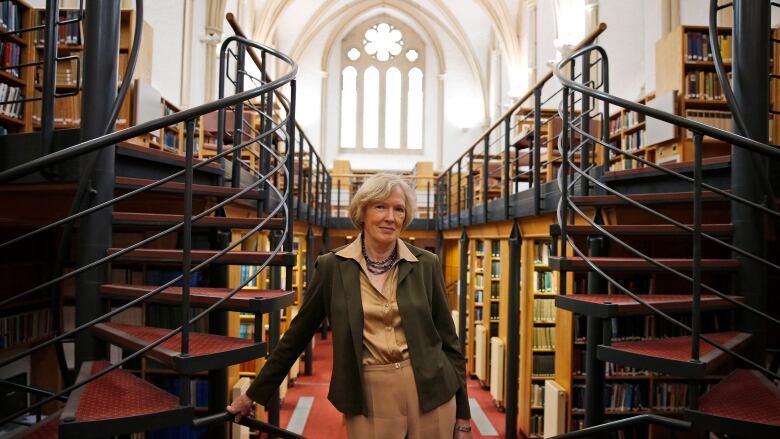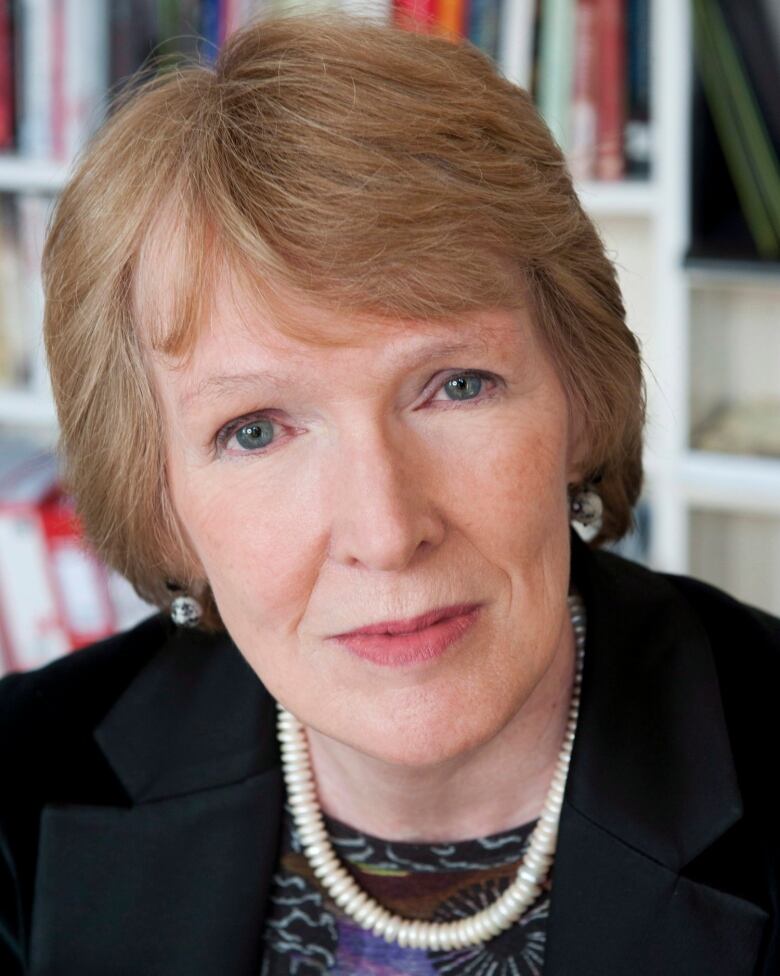The real lessons of WWI: Margaret MacMillan
History helps us ask the right questions, says award-winning Canadian historian

In the final pages of The War that Ended Peace her massive and magisterial book about the origins of World War I historian Margaret MacMillan reveals a fascinating fact that has nothing whatsoever to do with that particular war.
It appears near the bottom of page 630, if you want to check the reference. MacMillan describes how President John F. Kennedy resisted overwhelming pressure from his own military advisers, who wanted him to launch a preemptive nuclear attack against the Soviet Union.
It was the autumn of 1962. The world was on the brink of what later came to be called the Cuban Missile Crisis. People at the Pentagon were willing, if not eager, to risk an all-out war.Kennedy decided, instead, to negotiate with the enemy.
Why?
The President apparently refused to push the nuclear button because he had just finished reading Barbara Tuchman's book, The Guns of August which also happens to be about how Europe had blundered itself into the First Great War.

Tuchman's narrative inspired Kennedy to investigate diplomatic channels. Washington exchanged tentative messages with Moscow. A grateful world backed nervously away from the brink of mutuallyassureddestruction.
The rest, as they say, is history.
Although my job description identifies me as "host of CBC radio's Ideas," I sometimes like to call myself a "lapsed historian." Most of my formal academic training involved reading about or researching the historic past. And I'm still an easy pushover for any prose that describes almost any historical timeline.
Margaret MacMillan, not unlike Barbara Tuchman before her, ranks among the most powerful (and also most popular) historians of her generation.
MacMillan's previous book about "the war to end all wars" Paris 1919: Six Months that Changed the World won just about every possible universal prize for important historical writing. It earned the Governor-General's Award, the Duff-Cooper Prize, the PEN Hessell-Tiltman Prizeand (most importantly) the Samuel Johnson Prizefor the best work of non-fiction published in English. It's been translated into Albanian, Bulgarian, Chinese, Croatian, Danish, Dutch, French, Greek, Hungarian, Italian, Japanese, Portuguese, Spanish, Slovakian, and Turkish at last count.
It's an amazing book.
History can help you ask those sorts of questions about the present the questions that you need to ask.- Margaret MacMillan, historian
But for my money, this more recent book,The Road to 1914, is even better; so I was thrilled about the opportunity to interviewMacMillan, who is Warden of St. Antony's College, at Oxford University, in England.
We started out by recording various short readings from the 649 pages (not counting Notes, or Bibliography, or Index) of The War that Ended Peace. After the very first reading from the introduction to her book, MacMillan paused and confessed that she was "so sad" when she found herself writing about Europe's catastrophic collapse into total conflict.
"I still feel sad when I read about it," she continued. "It's such a waste."
MacMillan's somewhat unique take on the First World War is that it was not only sad, it was unnecessary.

"When I started to write the book, I was trying to think of a way to look at a subject which has been gone over so much. There's always a danger, when looking at the causes of the First World War, that we can see all the things that were leading up towards the war in 1914. Because we can see them, we tend to think that the war was bound to happen. The more I think about it, the more I think that it wasn't bound to happen."
I asked her if she thought the world had learned anything from the First World War.
"I don't think history offers any clear lessons about how to live your life. And I don't think it will ever offer blueprints for the future," she replied. "What I will say for history is that knowing something about the past will help you both to understand other people, and yourself.
"And I think it will help you to formulate questions. If you know something, for example, about the state of Europe before the First World War, and about the arms race, it might help you to ask questions about the present. Are we in danger of having a similar arms race?
"I think that history can help you ask those sorts of questions about the present the questions that you need to ask."
[Listen to Paul Kennedy's full interview with historian Margaret MacMillan on June 23 at 9:05 p.m. Eastern on CBC Radio 1's Ideas. It's the first part of a week-long acknowledgement on Ideas of the First World War, which started almost exactly 100 years agowhen the heir to the Austrian throne was assassinated in Sarajevo.]












_(720p).jpg)


 OFFICIAL HD MUSIC VIDEO.jpg)
.jpg)



























































































